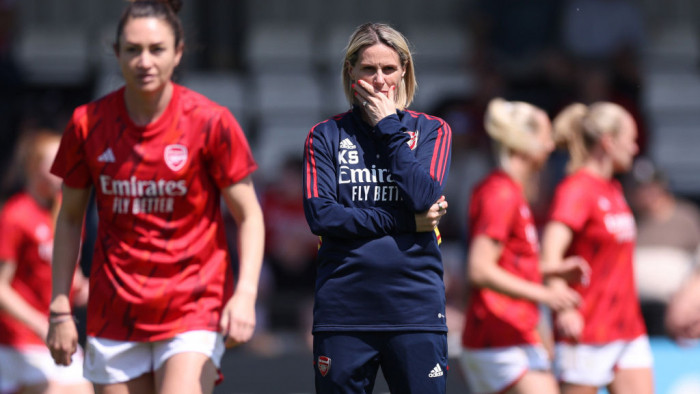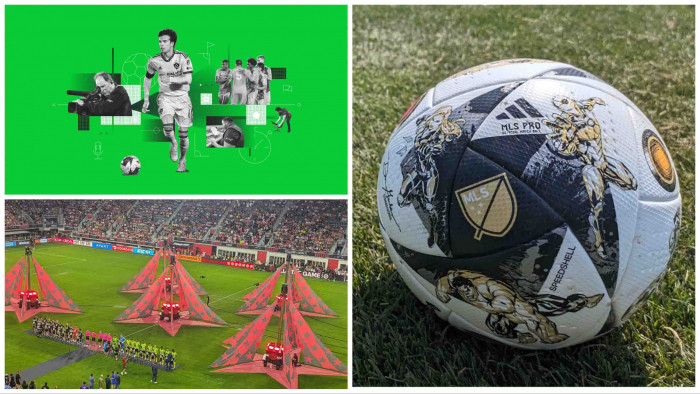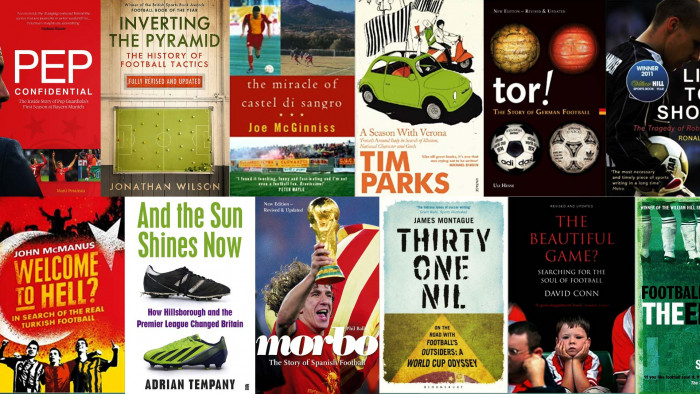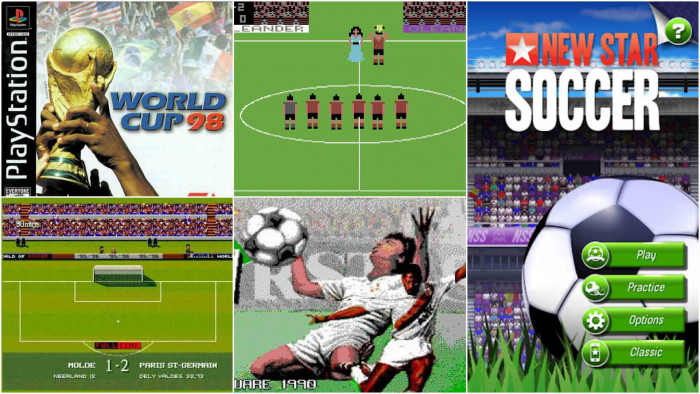Why American fans will never quite 'get' the beautiful game
Why American fans will never quite 'get' the beautiful game


Now Steven Gerrard and Frank Lampard have made their final Premier League bows, Joe Ellison argues the real reason why the MLS will never quite compare
Standing amid a sea of wraparound sunglasses and beaming smiles, a man holds aloft a banner of Dwight Schrute. The unmistakable face of the paper salesman from The Office-turned-internet meme is sandwiched by the lines 'Arena > Inchy’ and ‘False’. Elsewhere, a pair of grinning pals raise another placard to pop culture, this one to Yoda kitted out in a pair of flashy shades and headphones. It reads 'Return to your Galaxy far, far away'.
This nerdish snapshot could easily have been from Comic-Con, only these weren’t cosplayers – they were ‘soccer’ fans, draped in purple and gathered en masse to see Adrian ‘Inchy’ Heath's newly formed Orlando City give Bruce Arena’s LA Galaxy a Kaka-inspired 4-0 tonking. The force was anything but strong for Steven Gerrard's future teammates.
Hours earlier, the departing Liverpool skipper suffered a similar humbling, losing his final competitive game at Anfield 3-1 to Crystal Palace. Worse was to come: one week later Gerrard was trudging off the pitch at Stoke’s Britannia Stadium for his last ever Premier League game on the back of a club record 6-1 defeat.
For a club such as Liverpool, shipping that many goals wasn’t just an off day, it was “a disgrace”, “an embarrassment”, a stain on the reputation of an entire city and its proud sporting history, a sick taste in the mouth which trickles down from the terraces to the dressing room itself.
For the losing LA Galaxy fans it was a day out, symptomatic of the MLS as a whole: new, shiny, growing at a frightening rate but lacking the requisite history to give credible emotional resonance to the outcome of 22 men kicking a ball around a field. In America's eyes, for the most part, it’s still just a spectacle, something fun, an entertainment package to consume with hotdog, beer and remarkably meta flags.
During Beckham’s stint at the Home Depot Stadium, the LA club’s euro-styled ultras The Riot Squad took umbrage with the England star after he decided to extend his loan to AC Milan during US season time. Golden Balls’ reaction? To walk over and have a chat with them. You wouldn’t catch him doing that with Milan’s ultras.
It’s amusing to think what Frank Lampard, another iconic English midfielder soon to join the MLS, made of recent news that his new side New York City FC were caught handing out song sheets to supporters.
Sure, Gerrard and Lampard will be able to enjoy the freedom of anonymity once they're stateside and heck, they deserve it having endured the goldfish bowl mentality of the English game for so long. What they won’t enjoy, however, is feeling anonymous on the pitch, of not having fans who live for every lung-bursting run and shin-breaking tackle they make.
As well-intentioned the 'soccer scene' is, football just means more in England. There's a time-worn chronicle to proceedings; centuries-old domestic rivalries playing out like soap operas and filling pages of national newspapers on a daily basis; attendance formed out of habit and handed down from father to sons across generations; rivalries stoked across a century or more between towns and cities, tied to industry, to coats of arms, to communities, to politics, to families - a working-class game for the working-class people, enjoyed by all.
It might be stretching it a tad to agree with Bill Shankly’s oft-quoted line that football is more important than life and death, but when the English cauldron boils over in sheer ecstasy there’s nothing like it. Just ask Jermain Defoe. After returning to the Premier League following a spell in the MLS with Toronto this year, the striker recently wrote himself into Tyne Wear Derby history with an unstoppable winning volley for Sunderland against Newcastle. Minutes later he was weeping uncontrollably, unable to comprehend the emotion his strike generated as he walked down the tunnel at half time. He later compared the feeling to when he scored at a World Cup for England. Again: this was a league game.
Call me cynical but MLS fans consistently look like they’re having far, far too much fun. To really appreciate the highs of supporting a football team, like Defoe’s winner, you need to experience the crushing lows on a weekly basis, under greying skies and ideally after stumping up a fortune for a soggy meat and potato pie. As much as we might bemoan it there really is nothing quite like letting off some steam after a hard week at work by going to the game and venting some ire at a penalty that shouldn’t have been given and arguing conspiratorial forces are at work in the upper echelons of the FA.
Brad Friedel knows about the fandom over here more than most. A stalwart of Premier League goalkeeping, I was present to watch him play for Blackburn and equalise (yes, with a half volley no less) against Charlton in the last minute of the match and peg it back down the other end to celebrate wildly with us. Naturally, a second later Di Canio hit a thunderbolt to win it 3-2. Football, bloody hell.
Friedel recently gave an interview to The Telegraph's Henry Winter to discuss his retirement from the game in which he revealed the support from "the average person who doesn’t even technically follow football and the knowledge they possess" over on these shores "is incredible". He also harked back to mid-nineties memories of playing for Galatasaray and having his windows smashed by rival fans. I’m not condoning violence for a second, but it's worth nothing that for some countries football is simply a way of life, whereas in America the sport still finds itself on the bottom rung of the ladder, underneath the likes of basketball, baseball and the other football. There's no national agenda for it.
That said, recent heroics at the World Cup, accompanied by those infectious chants of 'U-S-A, U-S-A', have seen the US take its own game more seriously of late, transforming the MLS into the fastest growing league in the world. In the first five years, it lost a reported $250 million — and shut down two teams. Last year, the league signed a new TV deal worth £500m and attendances skyrocketed to 6.2 million. And increasingly, as US owners take over our biggest clubs and the dreaded ‘39th’ game creeps ever closer, the anglo-American soccer relations will continue to grow.
I actually believe it's great that Americans are embracing soccer on such a level, and that some highly talented teams are starting to emerge. Crucially though, it remains light-years off our national game at home in terms of culture and societal importance, something the likes of Gerrard and Lampard will eventually rue as they take to the field.
I can picture the pair of ex-pat pros now, sunning it up on a beach in LA, or picnicking in Central Park during their downtime months from now, Gerrard dreaming of that familiar vocal cloak of You'll Never Walk Alone, Lampard the Shed End's sweaty embrace, and if only for a minute, they'll wish they were doing it on a rainy night in Stoke. 6-1 or not.
FOLLOW JOE ELLISON ON TWITTER
Latest
Related Reviews and Shortlists









